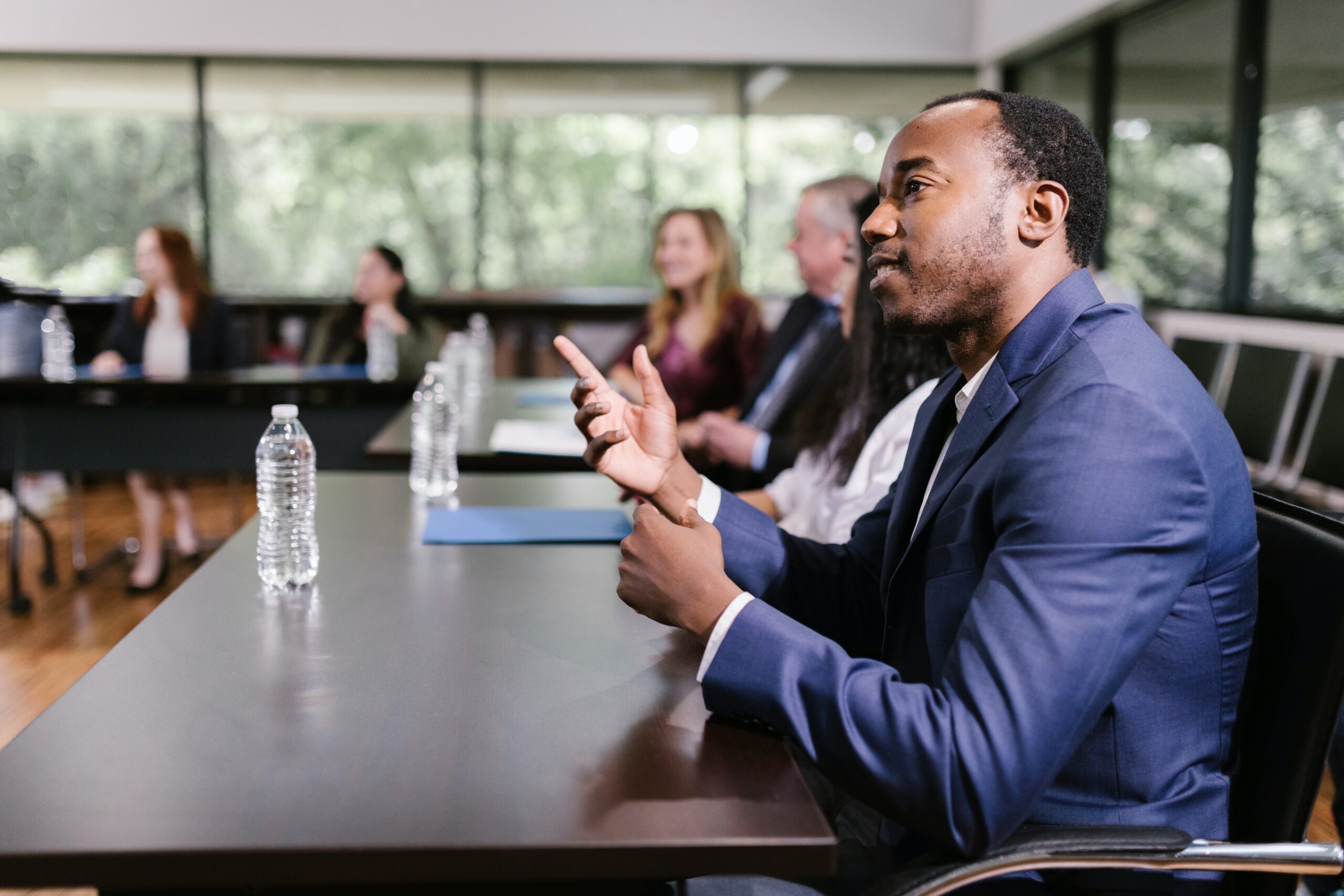So, how do you feel about abortion? How about gun control? Do you think the 2020 election was stolen? Do you support the Black Lives Matter movement? Do you think employers should require COVID vaccinations? Do you support the idea of defunding the police? What about teaching Critical Race Theory in public schools?
Chances are that I got your attention. Chances are also good that if I ran down the road on any of the above topics, it would inspire some of you to want to add a comment to express your own opinions. Too often, these complex topics are addressed in short social media posts, comments, or memes.
What are the results of these online debates and thousands of memes? This type of communication only creates more division. As soon as someone takes a position on one of these emotional issues (or others), they are often labeled as “right” or “left” or “conservative” or “liberal”. The very label means that a person is either with you or against you.
These toxic online conversations also do nothing to change people’s mind. Have you ever changed your mind on an important topic after reading a very clever meme or looking at a comment on a Facebook page? Probably not.
I call this tabloid politics and it is damaging our very society. It’s not that these issues aren’t worthy of debate or our attention. In fact, all of the above issues are complex, timely and important topics for exploration. It’s more about the way that we’ve chosen to debate these issues. We take sides and we think about how to fight the other side. The discussion produces anger and resentment and little compromise or understanding.
In fact, we’ve become so used to fighting, that I’m starting to notice that people are openly saying that “compromise and understanding” is no longer their goal. A meeting of local leaders in our region during the pandemic was held in an effort to release a joint statement on the future of our community. The leaders were unable to agree on ANY joint statement including the statement, “we agree to approach issues in our community in a civil manner”.
Too many people feel powerless and want to fight.
It’s not surprising that people feel powerless given the way we are communicating about these issues. Posting on Facebook is futile. Arguing your point louder or condemning segments of the community accomplishes nothing. I believe that a lot of the powerlessness is because of how we are choosing to fight.
So I want to offer an alternative. When you hear something you strongly disagree with, instead of fighting or condemning what you hear, be curious. Ask questions. Ask the other person to unpack their position and then really listen. Try to figure out where the other person is coming from and why they think the way they do.
Daryl Davis is an amazing musician who has played piano with Jerry Lee Lewis, Chuck Berry, and BB King. One day after a concert, Daryl, who is black, was approached by a white man who told him he was a member of the Ku Klux Klan. He told Daryl that he had never seen a black man perform as well as Jerry Lee Lewis.
Daryl could have been offended and started to argue with the man, but instead, he had a drink with him. They sat and talked. Daryl asked the man questions and the man reciprocated. Daryl approached the conversation with authentic curiosity and humbleness refusing to condemn a man who belongs to an organization who hates him. In fact, Daryl had experienced racism his entire life, including having rocks flung at him while marching as a Cub Scout in a parade. Nobody would blame Daryl for being offended by this guy, but he chose to be curious.
The conversation led to a relationship that grew over time. In fact, it expanded to the point where Daryl met many KKK members and established relationships with them. He even wrote a book about the KKK called “Klan-destined Relationships: A Black Man’s Odyssey in the Ku Klux Klan”. Daryl says that he never goes into these relationships with the purpose of “converting” people, but his curiosity and openness has led to multiple KKK members and even leaders leaving the organization.
It turns out that Daryl’s approach is based on solid psychology.
When we feel like someone is arguing against us, our natural response is to fight back. When the other person is talking, we aren’t considering what they are saying, but rather thinking about what our next argument will be. This is compounded in social media. We see something that upsets us and we simply attack.
The best way to actually change someone’s mind (or possibly your own) is to ask questions and listen to the answers.
When the pandemic first started, I fell strongly into the “let’s do whatever we need to do to end this thing” crowd. I was pro-vaccine, pro-mask, and pro-social distancing. I met others who felt the same and were starting to dig in. One friend told me that she would publicly condemn anyone she knew who refused to wear a mask or get the vaccine. It didn’t feel right, but I also couldn’t understand why someone would feel the other way.
As the pandemic continued, I found many of our clients who felt very differently than I did. I met people in healthcare who were cautious about the vaccine and skeptical about masking. I asked them questions and I learned a lot. I gained additional information and perspectives that helped me to see a bigger picture. I began to understand why some people were skeptical of vaccines or masking.
At the same time, I noticed in my conversations that some of our clients were also impacted by our conversations. Clients would ask me how I made decisions regarding vaccinations for our team and how I worked to keep our team safe. We discussed these challenges and I noticed that some of the more extreme perspectives of others became a little more balanced, just as my own perspective had changed.
Today, my perspective has shifted significantly. I am fully vaccinated and boosted and wear a mask in many public situations, but I don’t get angry when I hear someone who doesn’t want to get vaccinated or wear a mask. I don’t always agree with their decisions, but I don’t feel compelled to condemn them either.
Our society is at risk because of a confluence of significant challenges and unhealthy means of communication through social media. I’m not suggesting how you should feel about these issues, but I am challenging you to approach these issues in a different way.
Be curious. Ask questions. Listen to the answers. Try to understand the other person’s perspective, even if you don’t end up agreeing with it. Don’t try to change somebody else’s perspective. Just be curious.
This approach leads to understanding, sometimes for you, sometimes for the other person, and often for both of you.





